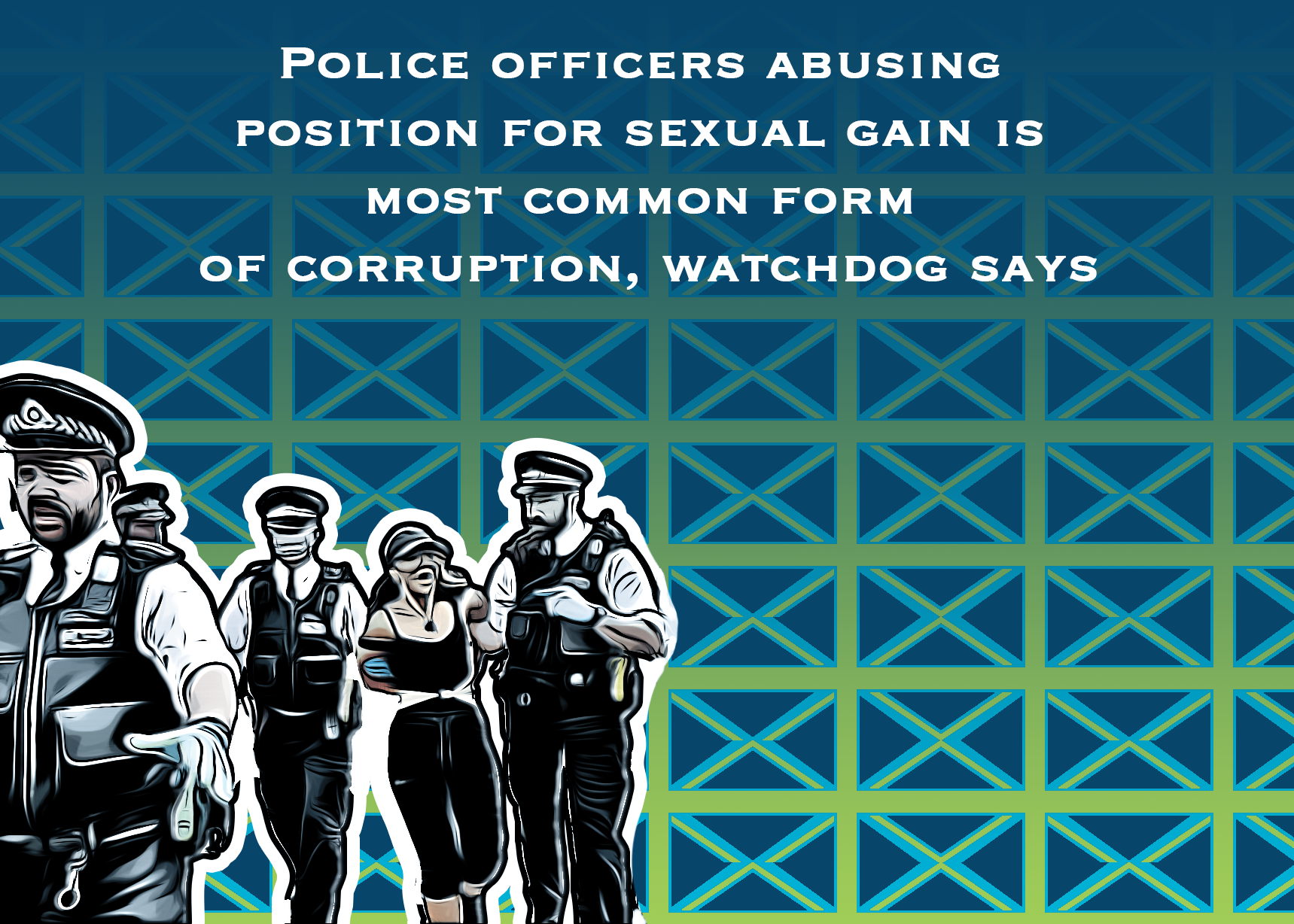



Police officers abusing their position for sexual gain is now the most common form of serious corruption investigated, a watchdog has said.
The Independent Office for Police Conduct (IOPC) called for police forces in England and Wales to take a “zero tolerance” approach to the behaviour, which often targets victims and vulnerable people.
It can range from excessive contact and flirtatious messages, to sexual offences that have resulted in prosecutions.
Since 2018, 66 officers and members of police staff have faced disciplinary proceedings after being investigated for abusing their position for a sexual purpose, including 42 in the last year alone.
Misconduct was proven in 63 cases and 38 people have so far been dismissed or retired, and been barred from working in policing again.
Six out of seven people prosecuted for linked criminal offences, such as misconduct in public office and unlawfully obtaining personal data, have been convicted.
Last week, a former West Midlands Police officer was jailed for pursuing a sexual relationship with a domestic abuse victim he met while on duty.
The IOPC said the abuse of position for a sexual purpose is the “single largest form of police corruption” it deals with.
It accounts for a quarter of serious corruption cases, in a category which also includes involvement with organised crime, selling police information and financial fraud.
The number of officers and police staff facing disciplinary proceedings has risen sharply since 2017, when new guidance was brought in meaning that such cases had to be referred to the IOPC.
The watchdog’s deputy director general, Claire Bassett, told The Independent that previously “cases were just not getting referred when they should be”.
Ms Bassett said that police officers were referring their colleagues in some cases, and that the IOPC was sometimes alerted by friends of victims or other professionals.
She added: “We have some examples where one person makes a complaint and through that investigation we find another four people after looking at a phone.
“In others, an officer faces a criminal trial for one victim and more will come forward.”
The IOPC said that behaviour can appear harmless at first, such as sending messages from a personal phone or kisses at the end of a text message, but can start to escalate.
The watchdog warned that victims may feel unable to challenge officers if they feel uncomfortable because of their position, and any criminal investigations that may be ongoing at the time.
Ms Bassett said it was an “appalling abuse of the public’s trust” and has a devastating impact on the people involved, who are often in a vulnerable situation.
“Recent events we have seen, including the horrific actions of Wayne Couzens, remind us that policing must act to root out this kind of behaviour once and for all,” she added.
“This is not a new problem, and while there is a clear desire right across policing to tackle this, and progress has been made, there is still a lot to do.
“It is in everyone’s interest to root out those who abuse their position, and it is vital that anyone who experiences or witnesses this kind of unacceptable behaviour feels empowered to speak up.”
The National Police Chiefs’ Council said there is “no place in policing for those who abuse their position for a sexual purpose”.